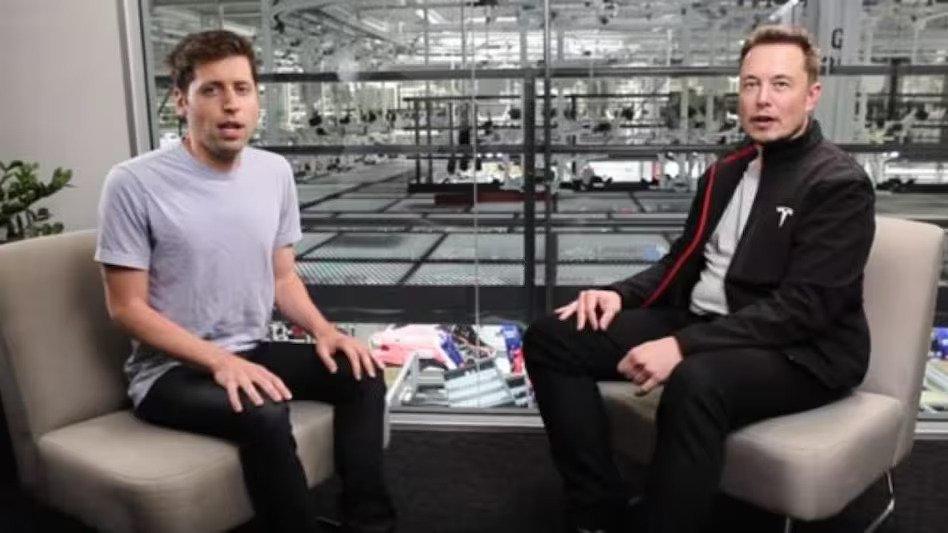In response to Elon Musk’s accusation that the creator of ChatGPT, Sam Altman, had turned OpenAI into a profit-driven corporation through their partnership with Microsoft, Altman defended his company’s independence from Microsoft.
During an episode of the “On With Kara Swisher” podcast on Thursday, Altman pointed out that Microsoft does not have a seat on OpenAI’s board. He was addressing Musk’s complaint on Twitter from the previous month, in which Musk had claimed that OpenAI had transformed into a maximum-profit organization that was controlled by Microsoft and had become closed source.
“Most of that is not true, and I think Elon knows that,” Altman said on Swisher’s podcast.
But, he said they’d talked, and suggested that Musk’s rebuke came from a place of concern.

“To say a positive thing about Elon, I think he really does care about a good future with AGI,” said Altman, referring to an abbreviation for artificial general intelligence, a goal of creating AI capable of “thinking” like humans.
“I mean, he’s a jerk, whatever else you want to say about him — he has a style that is not a style that I’d want to have for myself,” Altman told Swisher. “But I think he does really care, and he is feeling very stressed about what the future’s going to look like for humanity.”
Insider reached out to Musk for comment but received no response. Meanwhile, Microsoft representatives did not immediately respond to Insider’s request for comment either. Prior to Altman’s statements to Swisher, a representative for OpenAI declined to comment.
This month, OpenAI unveiled GPT-4, which they touted as a significant improvement over previous versions. The company claimed that it could perform exceptionally well in major exams such as the SAT and bar exams. GPT-4 is currently available exclusively to ChatGPT plus subscribers at a cost of $20 per month. However, the GPT-4 API has a waitlist.
Altman also mentioned that OpenAI is striving to balance the risks and benefits of AI in determining how to release their tools to the public.
“I don’t think it would be good right now for us to open-source GPT-4, for example,” he told Swisher. “I think that would cause some degree of havoc in the world, or at least there’s a chance of that — we can’t be certain that it wouldn’t.”


